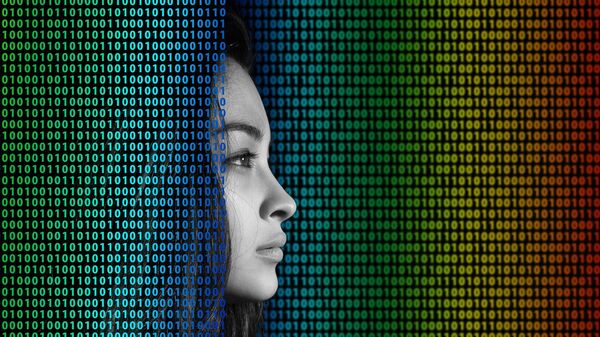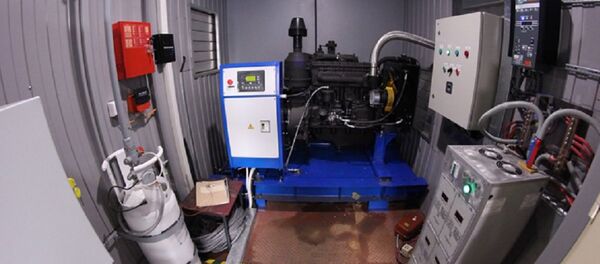Some 250 Berliners have voluntarily submitted their names and two photos of their faces to German federal police and the train station's operator. The photos have been placed inside a database.
Three specialized cameras will be installed to monitor an entrance to the station. When the subjects pass through the station, the cameras will attempt to recognize their faces. The volunteers, who are primarily commuters, will carry small transmitters with them so the camera can detect them and then compare their faces to the database.
The volunteers will receive rewards for passing through the police surveillance zones, with an Apple Watch going to the individual who gets spotted the most times.
Privacy advocates and security experts alike have criticized the system as invasive. Social Democratic Party (SPD) member and data protection expert Christopher Lauer said that the system would remove people's right to move freely in public spaces for "zero crime-fighting benefit."
Even the government officials who approved the test have expressed reservations. Andrea Vosshoff, Germany's federal data protection commissioner, said in a statement that biometric scans "would be a considerable imposition on fundamental rights."
"What they're doing at the moment is acceptable from a data protection perspective — it's legitimized by the fact that people have voluntarily agreed," she added. "If there weren't a clearly demarcated area, or everyone were compared with a database, regardless of whether they agreed or not, then we'd have a big problem."
Berlin police have stood behind the system, which is part of a multi-million euro expansion of transportation surveillance in the German capital. The biometric scan, once squarely in the realm of science fiction, is approaching viability — but it has not been tested in a real-world environment before.
"We want to test this under normal conditions," a police spokesperson said. "Testers can be wearing a hat or bike helmet, or be somewhat smaller and disappear into the crowd." The facial recognition could locate people who "pose or could pose a danger. The program should recognize and register these people," they added.
Already, 80 percent of all German passengers on public transit are monitored by 6,000 cameras nationwide. When searching for a criminal, suspect or person of interest, German authorities must search through footage manually.
"Imagine: there's the scene of a crime in Berlin or elsewhere in Germany, and you can extract a picture of the perpetrator from video surveillance footage and feed it into the system," said police spokesman Thorsten Peters to DW in June. "Then you could use it for a manhunt on a number of train stations. That's one imaginable use for this technology."
However, a camera that can detect someone's face wherever they go is an obvious threat to one's privacy, and would be a powerful tool of surveillance and oppression in the hands of a repressive government.





